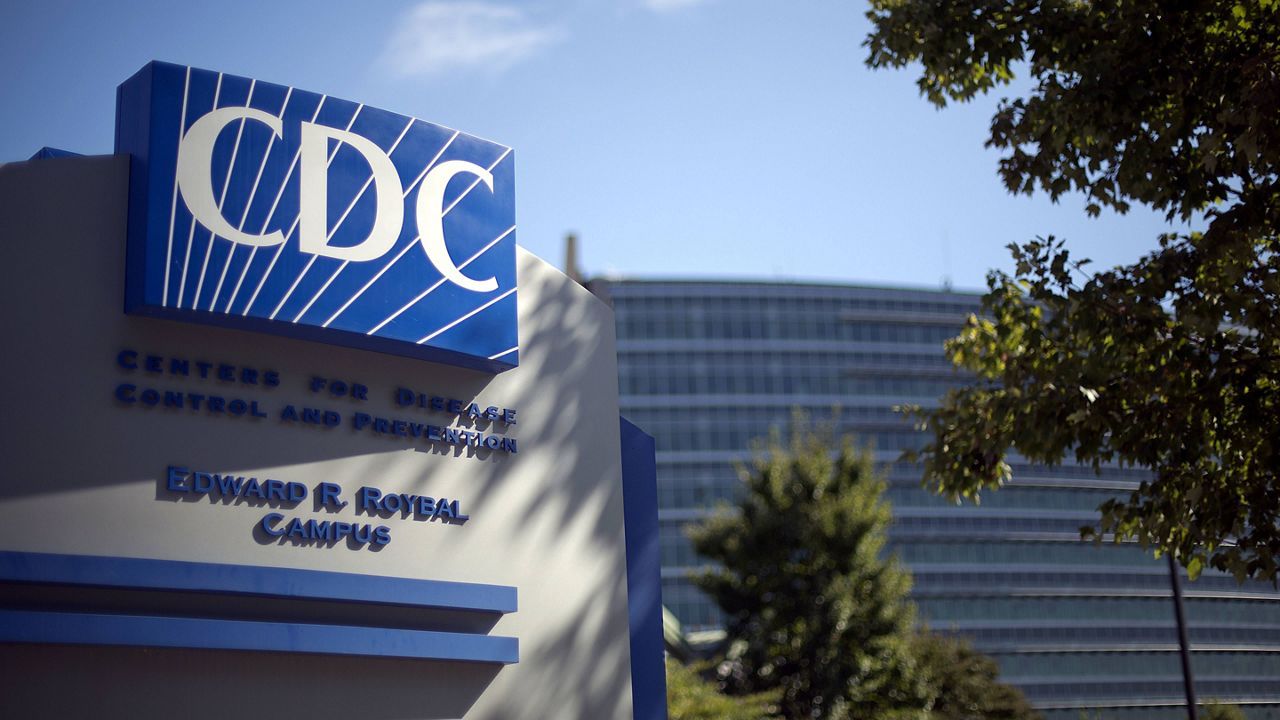The number of mysterious cases of acute hepatitis in children since October is up to 180, the Centers for Disease Control and Prevention said in an update Wednesday.
What You Need To Know
- The number of mysterious cases of acute hepatitis in children since October is up to 180, the Centers for Disease Control and Prevention said in an update Wednesday
- Seventy-one additional cases have been reported since the CDC held a phone briefing with reporters two weeks ago. But the health agency stressed that the “vast majority” of those are past cases that were only recently reported
- The cases include five reported deaths, but none since February, the CDC said, and 9% of the patients received liver transplants.
- Nearly half the patients, including all nine of the Alabama children, tested positive for adenovirus, but it’s not clear if adenovirus is the culprit, the CDC said
Seventy-one additional cases have been reported since the CDC held a phone briefing with reporters two weeks ago. But the health agency stressed that the “vast majority” of those are past cases that were only recently reported.
The CDC said in a statement Thursday it "continues to work with health departments and clinicians nationwide to identify and investigate hepatitis of unknown cause impacting children." The 180 cases span 36 states and territories.
Hepatitis is the general umbrella term for liver inflammation.
On April 21, the CDC issued a nationwide alert to health care providers warning that nine children from different parts of Alabama had contracted hepatitis cases of unknown origin. Health officials asked doctors and parents to be on the lookout for such cases and to report them to local authorities.
The cases include five reported deaths, but none since February, the CDC said. Nine percent of the patients received liver transplants.
Nearly half the patients, including all nine of the Alabama children, tested positive for adenovirus, a common virus that typically causes mild cold- and flu-like symptoms and stomach and intestinal problems. More specifically, some had adenovirus 41, which causes severe stomach illness.
It’s not clear if adenovirus is the culprit, but the CDC called it a “strong lead.” The virus is only known to cause hepatitis in children with weak immune systems, and none of the nine Alabama children had underlying conditions, the CDC said.
There are five viruses that commonly cause hepatitis — hepatitis A, B, C, D and E — but it’s not uncommon for the cause in children to be unknown, health officials said.
Britain, Denmark, Ireland, the Netherlands and Spain are among other countries that recently have identified perplexing hepatitis cases in children. Adenovirus has been detected in many, but not all, of those cases.
In the CDC’s May 5 media call, Dr. Jay Butler, the agency’s deputy director for infectious diseases, said there has not been a significant overall increase in U.S. pediatric hepatitis cases or liver transplants.
“I think the issue that comes up is the relationship to adenovirus,” he said.
The CDC has said there is no known link between COVID-19 and the hepatitis cases, but its investigators are continuing to explore the possibility. It has ruled out coronavirus vaccines as a cause because some of the patients never received the shots.
The agency stressed Thursday that hepatitis in children remains rare but said parents and caregivers should be aware of the symptoms: jaundice, vomiting, dark urine and light-colored stool.



